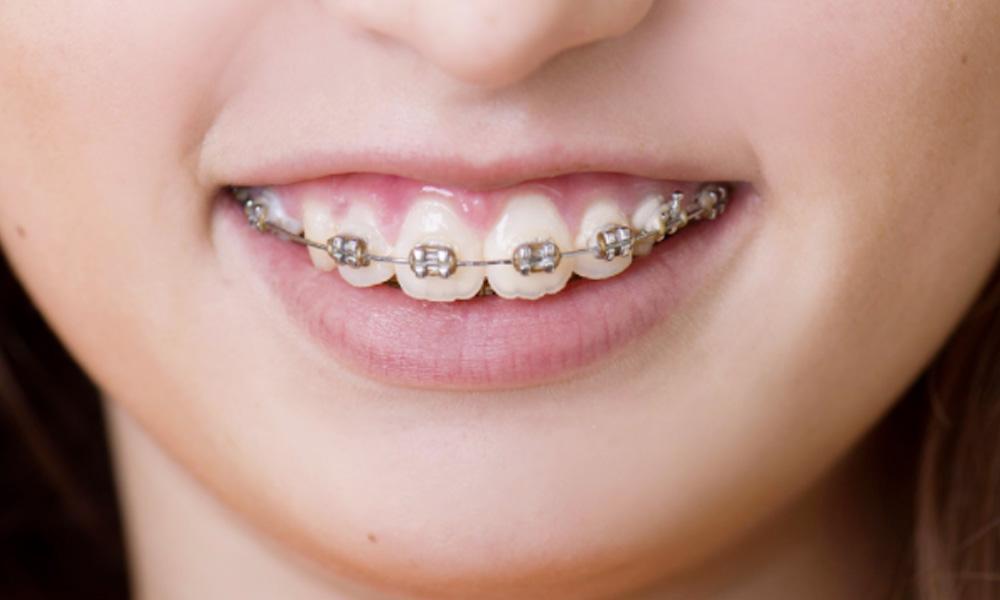Along with the cosmetic appeal, replacing missing teeth is important to maintaining your overall oral health. Absent teeth can cause loss of bone in your jaw and result in misalignment of your remaining teeth as they shift out of place and into the empty space. In the past, we were left with sometimes uncomfortable and unrealistic-appearing bridges or dentures to fill the gaps.
Improvements in dental technology, material, and techniques mean we can now provide an implant that’s so comfortable and natural-looking you may soon forget it’s not your own. Here at Straight Teeth Orthodontics, we often recommend our patients consider dental implants for filling in the gaps, whether you’re missing one, several, or all of your teeth.
What they are
Dental implants contain a root that’s typically made of titanium or titanium alloy. This durable metal is surgically implanted into the bony socket of your missing tooth. Because titanium is osteophilic (bone-loving), the implant fuses with your bone after several weeks and eventually becomes fully integrated into your jaw.
The implant is designed to hold a crown that’s shaped, colored, and polished until it mimics a natural tooth. Depending on your circumstance, we can replace one tooth, fit you with implant-supported bridges that replace several teeth, or use implants as an alternative to full dentures.
What the process is like
We require patients to undergo a full examination and a detailed discussion regarding dental implants, what you can expect, and whether you’re a good candidate for the procedure. Generally, patients who respond well to dental implants are in good health overall and have healthy gums and enough bone for the titanium base to take hold.
It usually takes three office visits over a period of several months to complete the actual dental implant process. That doesn’t include visits you may need for extraction of teeth too damaged to repair or other procedures designed to restore your oral health before we place dental implants.
Once it’s time to proceed, we use the first visit to place the implant(s) into your jawbone. After healing occurs and the implant begins to bond with your jaw, usually in a few months, we see you back to attach an abutment to the implant post. This will eventually be connected to the artificial tooth and hold it in place. We also use this second visit to make an impression for the lab where your new tooth or teeth are creating according to our mold and instructions.
During the final visit, we’ll attach the manufactured crowns to your implants and adjust them as necessary for a secure and comfortable fit. The overall process can take several months to complete, but a clear majority of our patients believe the results are well worth the wait.
Most patients report only mild discomfort during the procedure, often less than what they experience with simple tooth extraction. We use local anesthesia to numb the affected area during the implantation and recommend you use over-the-counter analgesics such as ibuprofen or acetaminophen to control any discomfort immediately afterward.
The advantages of dental implants
Beyond the oral health benefits offered by dental implants, you may find their cosmetic appeal is the greatest advantage. They’re difficult to distinguish from the real thing until you undergo a dental exam. Their comfort is also attractive for our patients.
Dentures and bridges can be frustratingly uncomfortable and may interfere with eating the foods you love or speaking clearly due to slippage. Dental implants sit comfortably in your mouth and are permanently affixed to your jaw, so there’s no slipping involved.
You won’t need to remove them every night or soak them clean in a specially-formulated solution. Dental implants require the same routine care as natural teeth: brushing, flossing, and regular checkups with your dentist.
If you’d like more information about what dental implants can mean for your smile, schedule an appointment with our office today or book your visit online.




